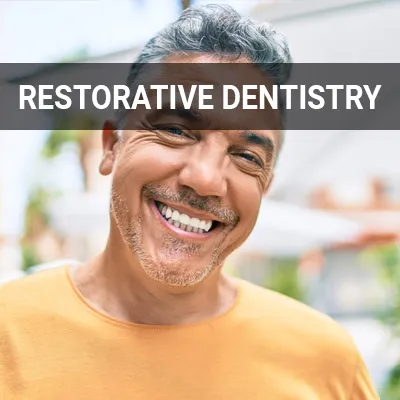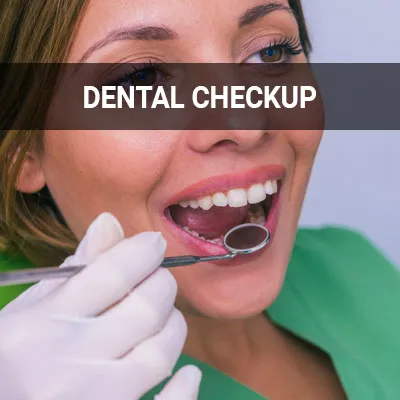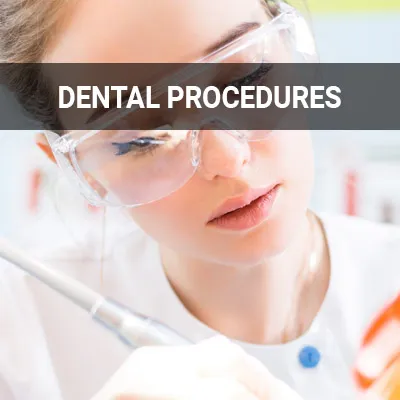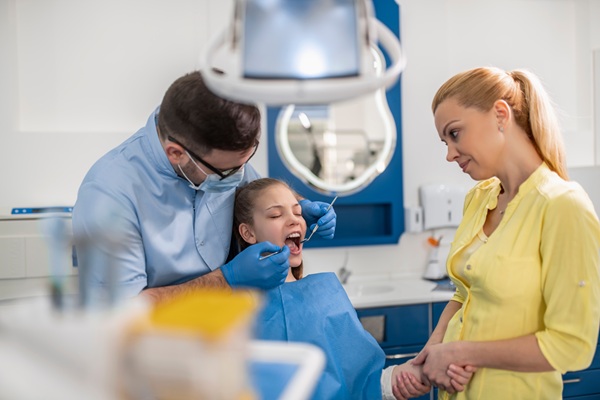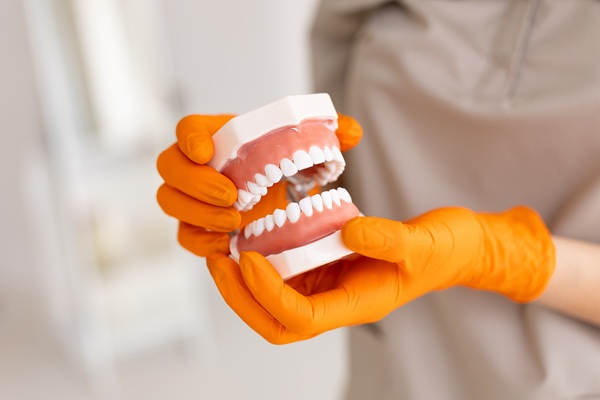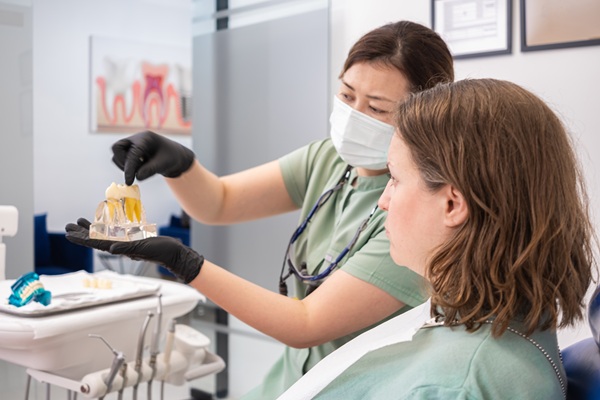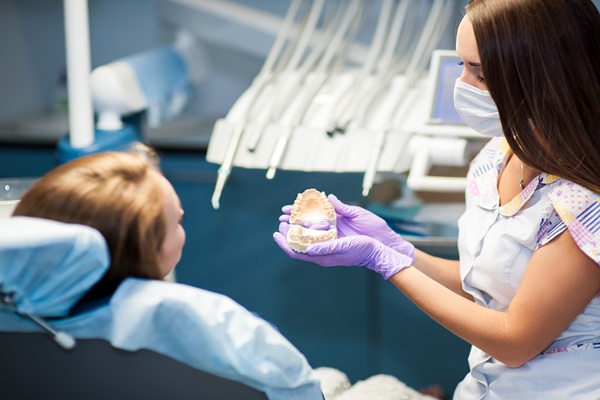Do I Have Sleep Apnea Fort Worth, TX
For many patients, treating sleep apnea can improve their overall quality of life. The condition can be obtrusive and affect you in both your sleeping and waking hours. Sleep apnea may be treatable through dental care.
Solutions for sleep apnea are available at Lake Family Dental in Fort Worth and the surrounding area. Maintaining your dental health can also benefit your sleep. We may be able to help. Call us today at (817) 263-0181 to schedule an appointment and learn more.
Understanding Sleep Apnea
Obstructive sleep apnea is a condition where patients have something blocking (or obstructing) part or all of their upper airway in their sleep, forcing the diaphragm and chest muscles to work harder to pull air into the lungs. This condition may cause the patient's breathing to become very shallow or even briefly stop altogether. Eventually, when the patient begins to breathe again, it will be accompanied by a loud gasp, snort, or body jerk.
Many patients are not aware that they have this condition and may think they are only suffering from inadequate sleep. Dentists may be able to recognize and treat the signs of sleep apnea, as these symptoms often take a toll on the mouth and jaw.
“Obstructive sleep apnea is a condition where patients have something blocking (or obstructing) part or all of their upper airway in their sleep, forcing the diaphragm and chest muscles to work harder to pull air into the lungs.”
Sleep Apnea and Other Sleep Disorders
There are several different types of sleep disorders. Each falls into six different categories: insomnias, hypersomnias, sleep-related breathing disorders, circadian rhythm sleep-wake disorders, parasomnias, and sleep movement disorders. While insomnia is a type of sleep disorder where the patient is unable to fall or stay asleep, hypersomnia is a group of sleep disorders that cause a patient to feel excessively sleepy.
Parasomnias are a group of sleep disorders that consist of having undesirable experiences while falling asleep, sleeping, or waking up. Sleep apnea can be an underlying cause of parasomnias, since intermittently losing breath inevitably puts stress on the body. The same can be said for circadian rhythm sleep-wake disorders (where the sleep times are out of alignment) and sleep movement disorders (where movement during or before sleep interferes with sleep). Sleep apnea itself is a sleep-related breathing disorder, where there is difficulty breathing during sleep.
“There are several different types of sleep disorders.”
Causes of Sleep Apnea
Many patients are surprised to learn about the link between sleep apnea and dental health. Often, the pauses in breathing associated with sleep apnea are caused by flaccid muscles in the back of the throat, a too-large tongue, or a too-small jaw. Tooth grinding, or bruxism, is the first sign of sleep apnea. This may cause tooth wear and breakage, along with inflamed and receding gums. Lake Family Dental can conduct a thorough oral examination to determine whether or not a patient has sleep apnea.
“Many patients are surprised to learn about the link between sleep apnea and dental health.”
Check out what others are saying about our dental services on Yelp: Do I Have Sleep Apnea in Fort Worth, TX
Recognizing Sleep Apnea
Some groups may be more at risk of developing sleep apnea than others. Age, for instance, increases one's chance of developing sleep apnea. The condition is also more common in younger men than in younger women. Unhealthy lifestyle habits, such as excessive alcohol consumption, smoking, and poor diet, may also contribute. Taking steps towards a healthier lifestyle may lessen an individual's risk of developing sleep apnea.
Being able to recognize the signs of sleep apnea is crucial. Patients should watch out for sore throat upon waking, excessive daytime sleeping, restless sleep, decreased libido, waking during the night, high blood pressure, and gastroesophageal reflux disease (GERD). Children may also exhibit different symptoms of sleep apnea than adults. These may include bedwetting, choking, drooling, excessive nighttime sweatiness, learning and behavior issues, and problems at school.
“Children may also exhibit different symptoms of sleep apnea than adults.”
Questions Answered on This Page
Q. What is the difference between sleep apnea and other sleep disorders?
Q. What are the signs of sleep apnea?
Q. How can I manage my sleep apnea?
People Also Ask
Q. What does the dentist look for in a dental examination?
Q. Who is the right patient for a dental restoration?
Q. What additional treatments are available at a general dentist?
Q. What are the benefits of an FSA?
Treating Sleep Apnea
Luckily, there are many different ways to treat sleep apnea including oral appliances. Patients who are good candidates for oral appliances must have impressions of their teeth and return for a fitting during a later appointment. It may be necessary for patients to have another sleep test while wearing the device to ensure its efficacy. Further office visits may be required to make adjustments. These devices are unobtrusive and easy to travel with, as they do not require any electricity.
Other options include continuous positive air pressure (CPAP) machines and surgery. These are more involved treatments that may benefit those with more severe cases of sleep apnea. Lake Family Dental can help patients determine which treatment is right for them.
“Lake Family Dental can help patients determine which treatment is right for them.”
Frequently Asked Questions
Q. Can I still travel if I have sleep apnea?
A. Yes, you can still travel safely with sleep apnea. For best results, you should take your CPAP machine and other dental appliances with you particularly on any trips that will take longer than one or two days.
Q. Are there any risks associated with untreated sleep apnea?
A. There is a direct correlation between sleep apnea and other health issues, like high blood pressure. Constantly waking up in the middle of the night puts stress on your body, causing the hormone systems to work overtime and increase blood pressure. The low oxygen and stress associated with sleep apnea are also related to heart disease.
Q. Is snoring always a sign of sleep apnea?
A. No. Snoring is very common. However, snoring that wakes you up in the middle of the night can be a sign of sleep apnea. Snoring associated with sleep apnea also tends to be deeper, louder, and more consistent. It may also be interrupted with gasps, choking, or pauses. Patients should see a doctor if they experience a combination of any of these symptoms.
Q. How common is sleep apnea?
A. The American Sleep Apnea Association estimates that over 20 million Americans suffer from sleep apnea. Furthermore, they estimate that as much as 80 percent of moderate and severe cases of obstructive sleep apnea are undiagnosed.
Q. Can sleep apnea be cured?
A. Unfortunately, no. However, there are many different ways you can minimize and manage the symptoms of sleep apnea.
Dental Terminology
Learn More Today
Treating sleep apnea can improve your overall dental health and quality of life. We at Lake Family Dental may be able to help. Call us today at (817) 263-0181 to schedule an appointment and learn more.
Helpful Related Links
- American Dental Association (ADA). Glossary of Dental Clinical Terms. 2024
- American Academy of Cosmetic Dentistry (AACD). Home Page. 2024
- WebMD. WebMD’s Oral Care Guide. 2024
About our business and website security
- Lake Family Dental was established in 2004.
- We accept the following payment methods: American Express, Cash, Discover, MasterCard, and Visa
- We serve patients from the following counties: Tarrant County and Parker Count
- We serve patients from the following cities: Fort Worth, Benbrook, Crowley, Everman, Edgecliff Village, Westover Hills, Forest Hill, Kennedale, Aledo and River Oaks
- Norton Safe Web. View Details
- Trend Micro Site Safety Center. View Details
Back to top of Do I Have Sleep Apnea



